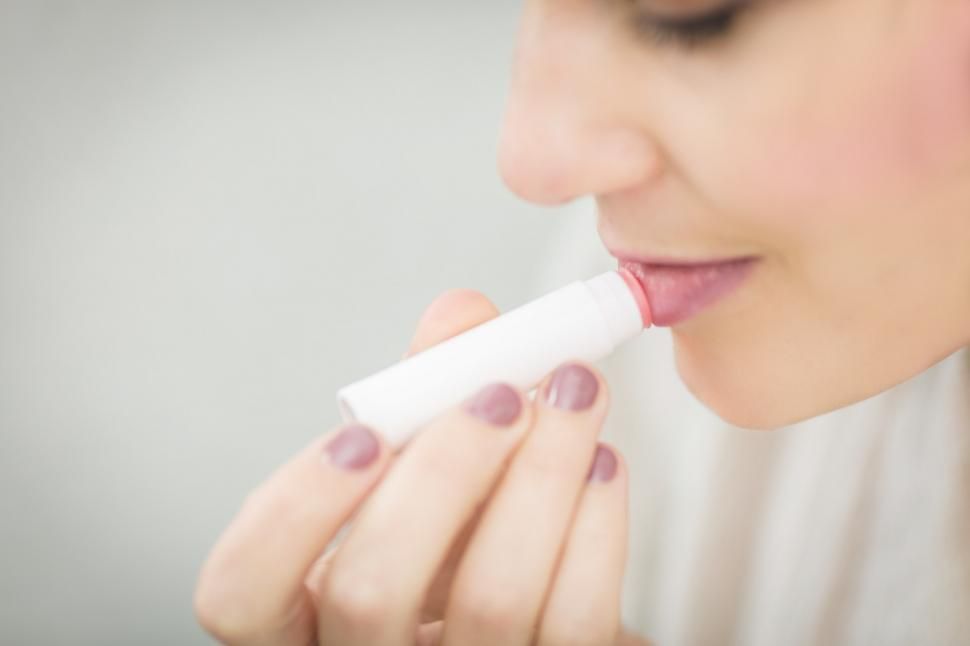
The Untold Truth About Testosterone: What You Really Need To Know
- Mar 28, 2024
You may think you’re acquainted with testosterone for its fame in stirring up sexual desire and fueling beard growth. But the testosterone tale expands far beyond its Hollywood roles. Behold, the premium catalyst for blood cell formulation and caretaker of your bone health. Sure, as men age, a dip in testosterone levels is as predictable as tax day. Yet, in certain instances, testosterone levels can plunge unusually low, causing not-so-pleasant symptoms. Fear not, soldier, we've got the low-down on lifestyle alterations and hormone replacement therapy options to bolster your testosterone numbers. Bare with us as we dive into the depths of the testosterone story and how it curves your health profile.
Testosterone: An Overview
Take this in folks - testosterone is not just a men’s club member. Yes, it is primarily a male sex hormone and shoulders responsibility for crafting typically male physical characteristics. But let’s not dismiss our femme community - women also produce testosterone, albeit in petite proportions. Once the pituitary gland, nestled near your brain's base, triggers the testicles, testosterone comes to life. Among other roles, this testosterone diva sends signals to a guy’s testicles (or woman’s ovaries) to set off those sexy-time feelings.
The Testosterone Touch in Male Health & Development
Boys become men courtesy of the testosterone Cinderella during puberty. The usual transformations in this life stage? An expansion of the penis and testicles, development of facial and body hair, voice dive into the deep end, strengthening of muscles and bones and an increase in height. Even after puberty throws in the towel, testosterone keeps the body clock ticking with an array of regulatory roles: red blood cell production, bone density, fat distribution, muscle strength and mass, facial and body hair growth, sperm generation and sex drive.
Testosterone Levels: The Downward Slope
The testosterone gradient naturally leans downhill with age. By the time men hit their 45th birthday, testosterone levels start dropping by about 1 percent annually. But rumor has it that this decline can roll in as early as the thirties. Smoking, obesity, couch-potato syndrome and low muscle mass also conspire to topple testosterone production. Carve some time for a chat with your doc and order a blood test to check if your testosterone levels are within the normal stretch.
"Low T" & Hypogonadism
Choosy about its target, 'low testosterone' or 'low T', is a byproduct of a medical condition named hypogonadism where your body goes on a testosterone production strike. Hypogonadism arises owing to a hitch with the testicles or pituitary gland, trimming normal testosterone production. Oh, and the symptoms vary as widely as the reason for occurrence and age it strikes. In middle-aged men and beyond the symptomatic list might include: low energy, depressive mood, sleep interruptions, low sex drive, ED, low sperm count, and the loss of muscle & bone strength. But not every man with an age-related testosterone dip will face all these symptoms or even be bothered by them. Energy lags, sleep disturbances, and mood swings can also be accredited to medication side effects or booze overuse.
Blood tests measuring body testosterone levels help diagnose hypogonadism or other age-related testosterone deficits. Testosterone deficiencies? There’s TRT for that. And while TRT risks and side-effects are still being closely examined, the latest research findings suggest that TRT does not compound the risk of heart diseases.
Testosterone in Women’s Health: Of Highs and Lows
Ladies, even your bodies need a dash of testosterone for a smooth hormonal mix to keep mood, energy, sex drive, and bodily operations purring smoothly. But, when testosterone levels surge too high, you might encounter polycystic ovary syndrome (PCOS), irregular or absent menstrual cycles, infertility, excessive hair growth, skin problems, and miscarriages.
Explored all possible causes of HSDD and still can't nail it? Then TRT might be the solution for women too. But remember, FDA has yet to give the green light for the use of testosterone therapy in women, and the safety score on long-term TRT use in women is still under review.
Enhancing Testosterone: The Natural Way Out
Next on the list, addressing 'T boosters.' Sadly, these testosterone-enhancing supplements aren't backed by solid clinical evidence and FDA doesn’t screen dietary supplements for safety or effectiveness.
So, what can crank up your testosterone game? Adopt a healthier lifestyle! Sculpt a well-rounded diet, amp up lean muscle mass with cardio and strength training, soak up more sleep, de-stress, and manage health conditions like diabetes, sleep apnea, metabolic syndrome, and obesity.
Dipping libido could either be a medical problem or side effect, but it's normal for libido to see-saw throughout life. If you’ve decided that your libido level's too low, treatments await you.






